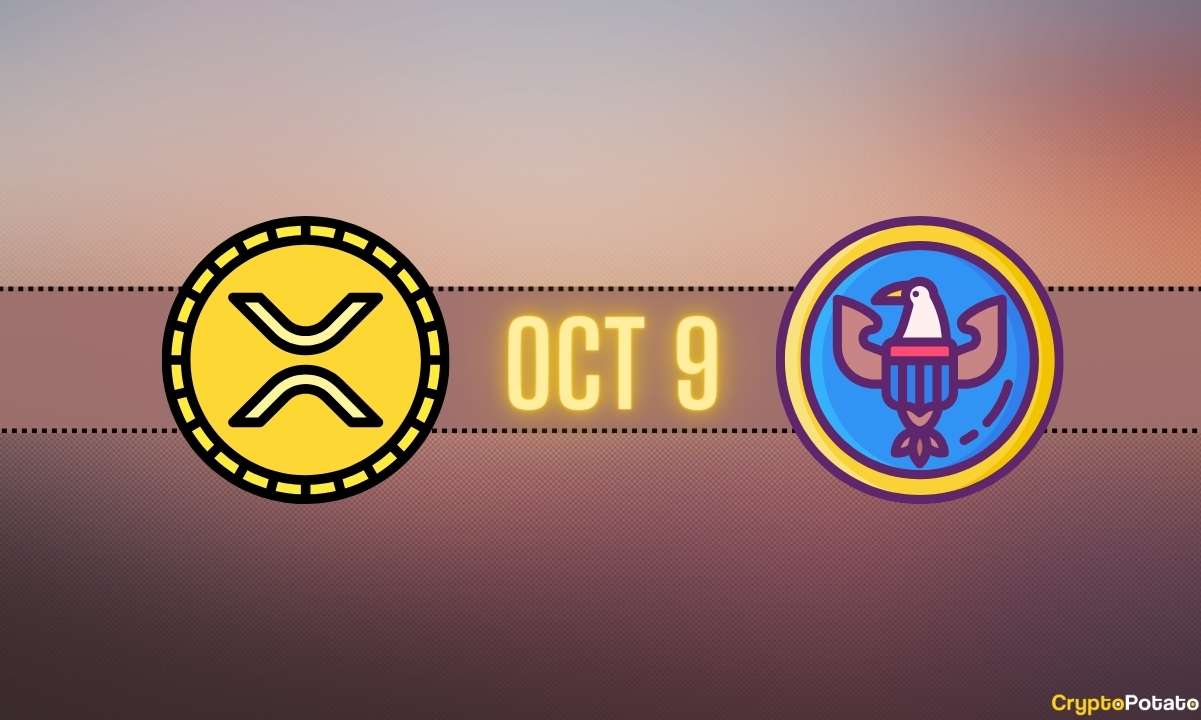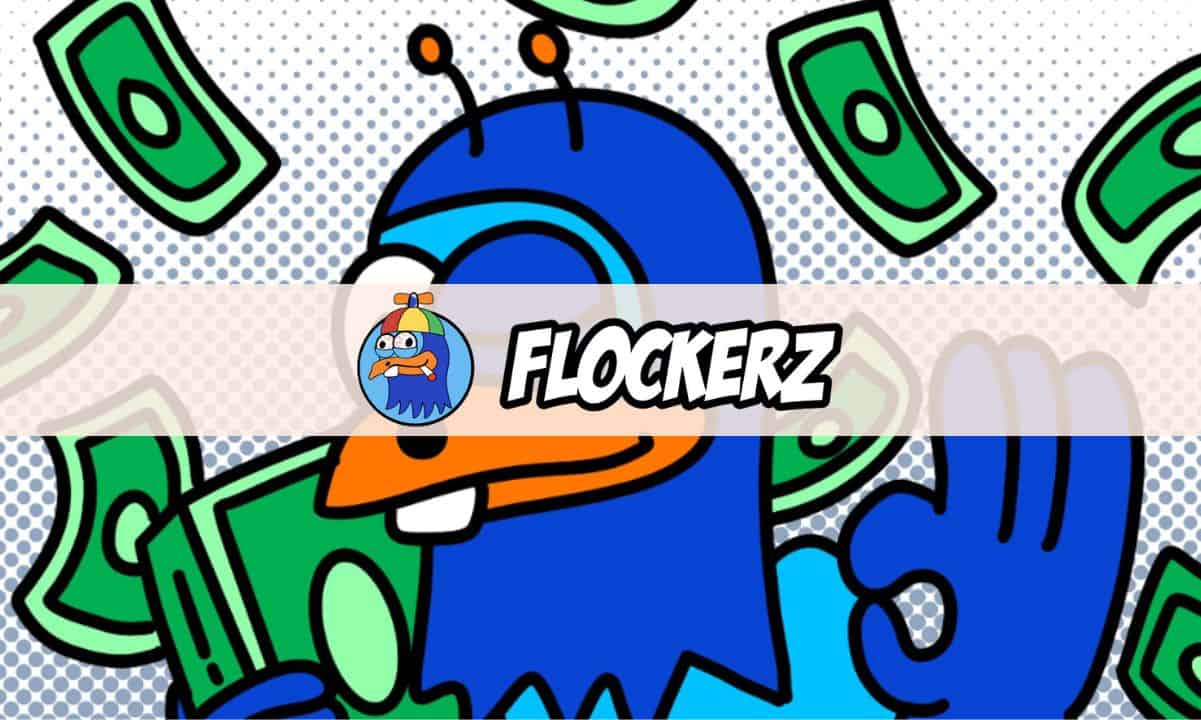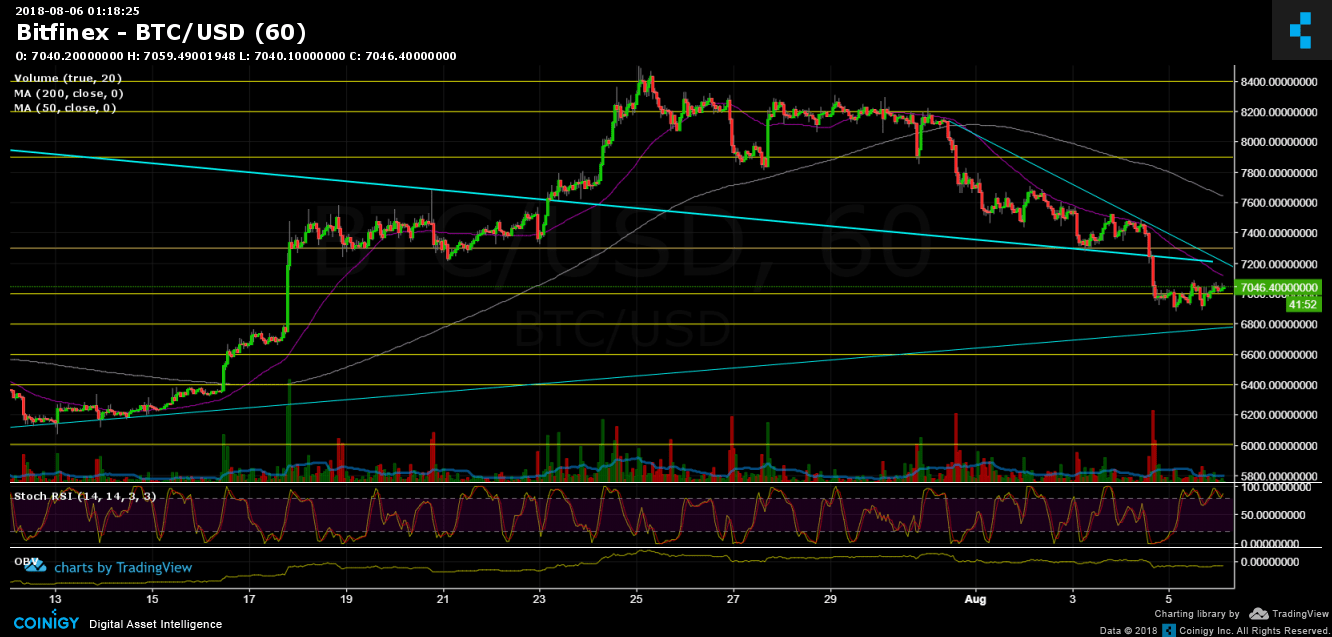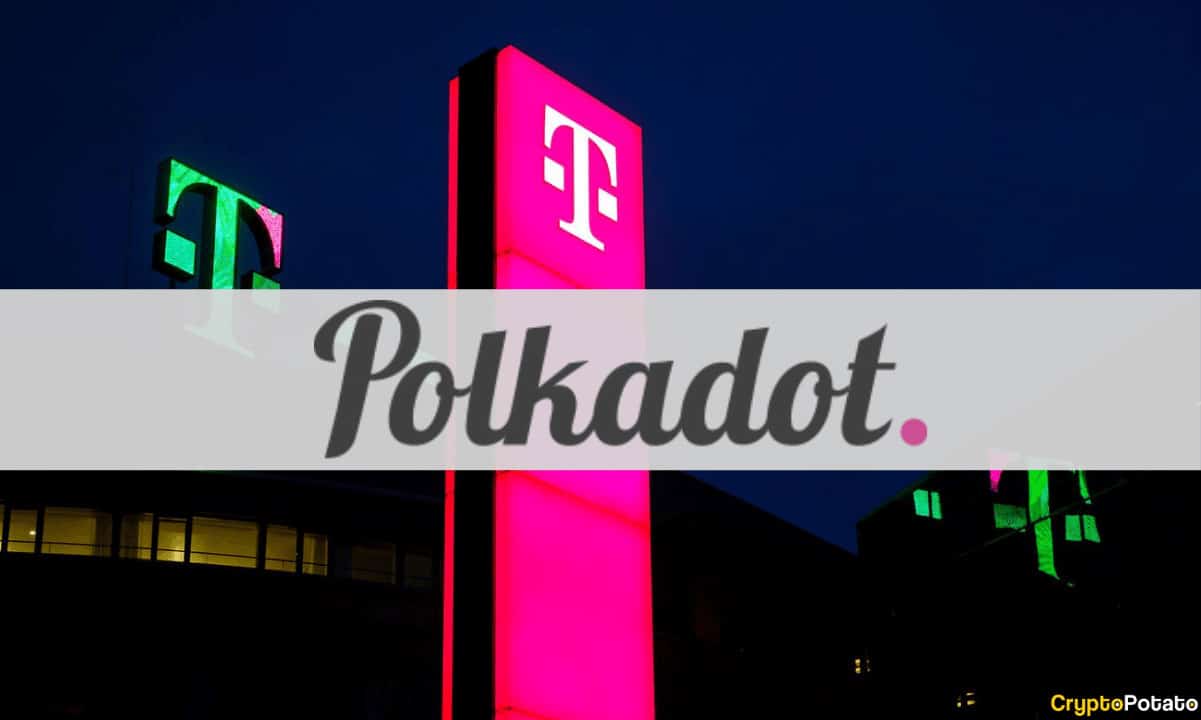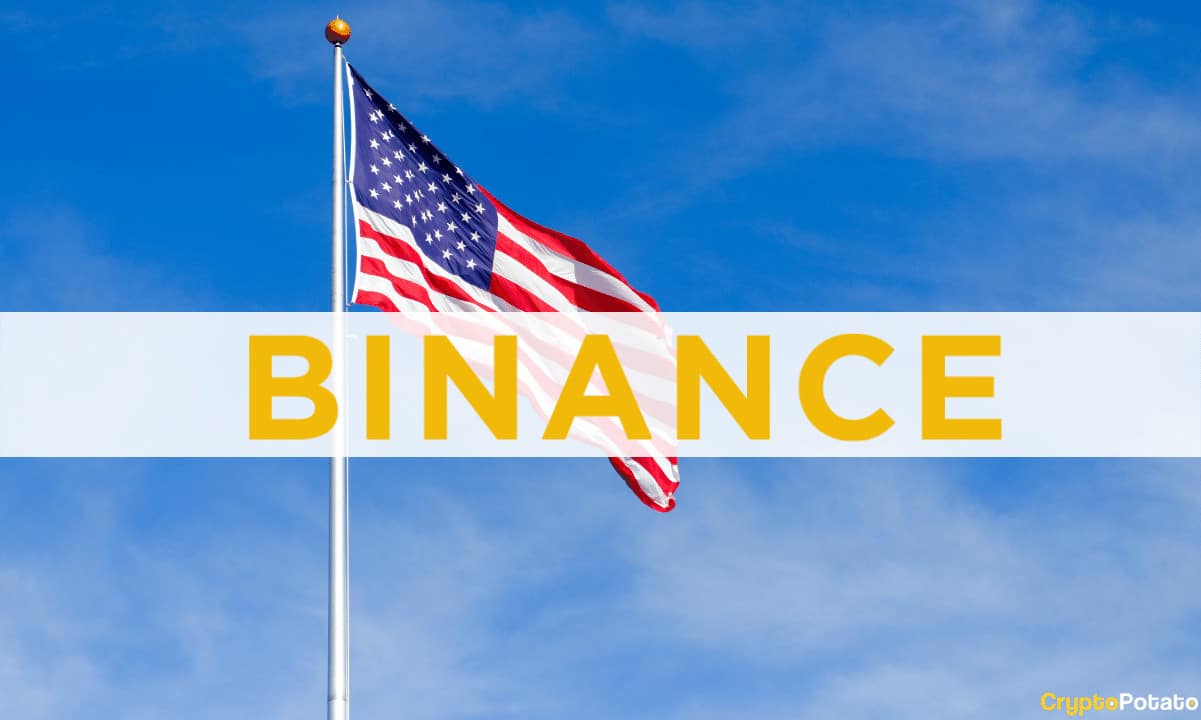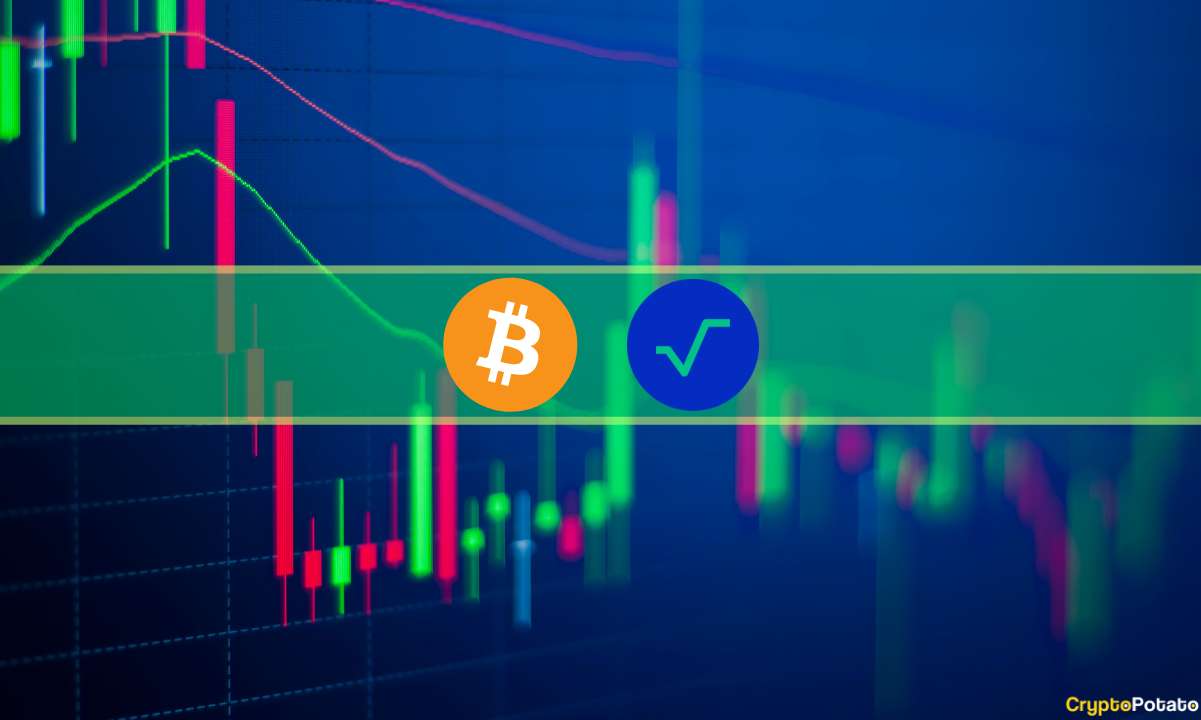R3’s Blockchain Network Corda to Use XDC as Settlement Coin
A global open-source hybrid blockchain protocol, eXchange inFinite (XinFin), has partnered with the enterprise software firm R3. As a result, the latter’s DLT-based platform Corda will use the XDC token as the primary settlement coin.
The Bridge Between R3’s Corda and Blockchain Networks
In a press release shared with CryptoPotato, both parties announced the collaboration, which will establish a bridge between R3’s Corda network and other blockchain platforms.
Described as a hybrid blockchain, XinFin “has been designed from the ground up to interoperate with both DLT and legacy systems.” The statement defined the bridge between the two parties as a “shining beacon” that signals “XinFin’s network effect to the crypto ecosystem.”
The integration essentially means that the Ethereum-compatible XDC token will be the “leading vehicle of value exchange” on Corda, and it’s the first step towards interoperability between various networks.
Consequently, users would be able to privately record data on the Corda platform and transfer the limited information sets to the XDC public network.
“XinFin is crossing the aisle, so to speak, to work hand and hand with legacy systems, helping them implement blockchain technology. This will enable XinFin to bring the fundamental promises offered by leading utility tokens, like XDC, to institutions so they may benefit from innovative new use cases and the accompanying financial incentives.” – reads the statement.
Appeasing Regulations
Atul Khekade, the co-founder of XinFin, explained that the native token would work as a public network, similarly to other cryptocurrency assets, but would require an extra step to guarantee that it has followed specific regulatory standards.
To do so, XDC will have validators and will make it necessary to complete know-your-customer procedures:
“The validators have to lock 10 million XDC tokens [about $300,000] to be a validator and must attach their own KYC to the node. It’s a public network since we don’t really control who is going to join the network, but unlike Bitcoin or Ethereum, where anyone can be a validator, there is an extra KYC step.” – Khekade added.

